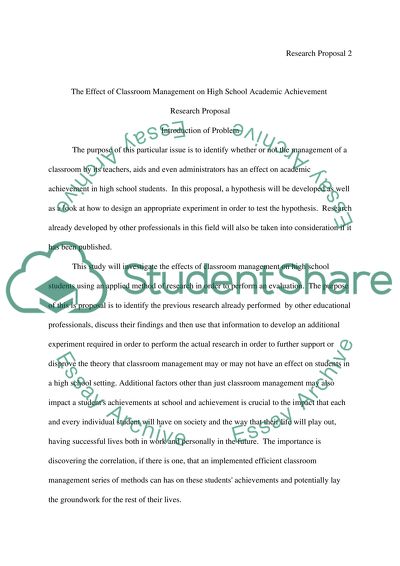Cite this document
(“The Effect of Classroom Management on High School Academic Achievment Research Proposal”, n.d.)
Retrieved from https://studentshare.org/education/1393543-the-effect-of-classroom-management-on-high-school-academic-achievment
Retrieved from https://studentshare.org/education/1393543-the-effect-of-classroom-management-on-high-school-academic-achievment
(The Effect of Classroom Management on High School Academic Achievment Research Proposal)
https://studentshare.org/education/1393543-the-effect-of-classroom-management-on-high-school-academic-achievment.
https://studentshare.org/education/1393543-the-effect-of-classroom-management-on-high-school-academic-achievment.
“The Effect of Classroom Management on High School Academic Achievment Research Proposal”, n.d. https://studentshare.org/education/1393543-the-effect-of-classroom-management-on-high-school-academic-achievment.


